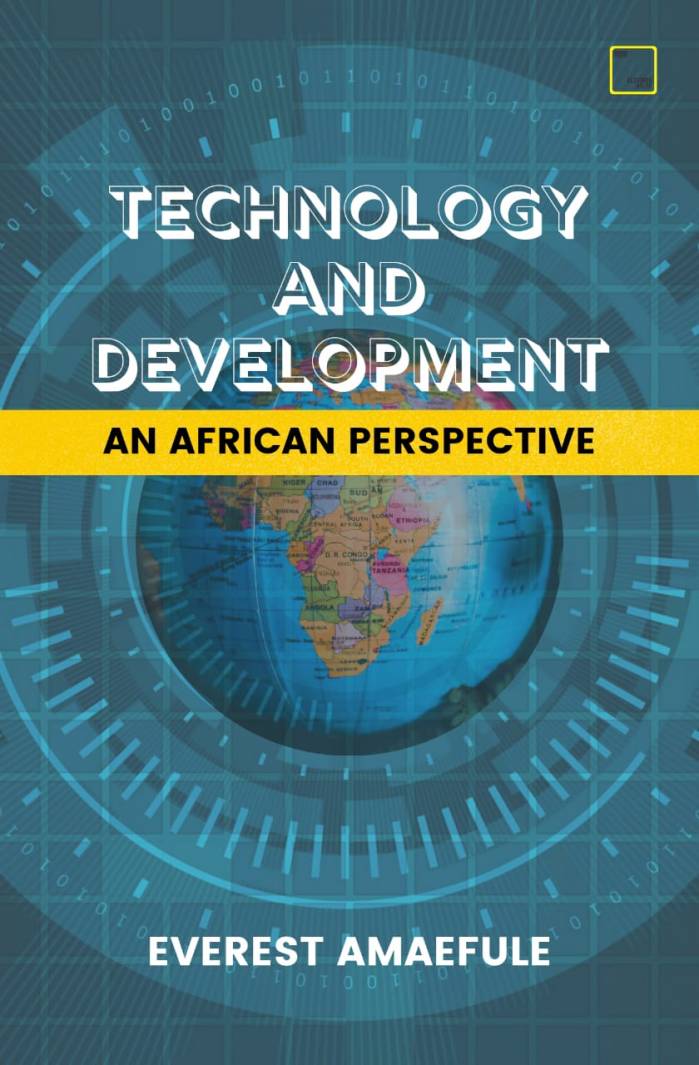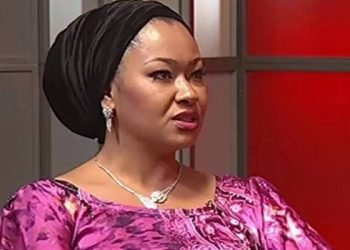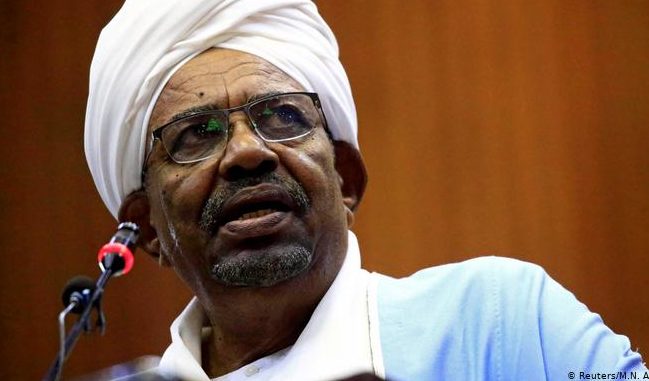Everest Amaefule’s fresh and insightful book with nine chapters would provide several talking points in years to come. In putting the work together, Amaefule has become a member of a select group of “beat reporters” in journalism practice who evolved into thinkers having drawn from their experiences, exposure and education to add more value in their field to the society.
If the status of someone who endorses a book confers importance on such an intellectual effort, then Technology and Development – An African Perspective is a top draw because Professor Umar Dambatta, the Executive Vice Chairman and Chief Executive Officer of the Nigerian Communications Commission, NCC, is no mean man.
As if that was not enough, the preface is authored by one of the most engaging scholars of mass communication, Professor Charles Okigbo, a well-respected mentor to some of us – now an emeritus professor of mass communication and strategic communication, North Dakota State University, United States of America. Okigbo was one of our favourite teachers back then while he taught at the University of Nigeria, where Amaefule earned his first degree in mass communication.
The foreword by Mr. Joseph Adeyeye, Executive Director, Digital Operations and Publications, Punch Newspapers, is not just an enduring validation of diligence at work but serves as a detailed blurb which introduces the publication.
The book opens with the triple earth shaking events of 1989: the release of Nelson Mandela from prison after almost three decades, the development of the world wide web (www) and the fall of the Berlin Wall. What an incredible year, against the background of a divisive world order best known for cut throat competition and mistrust.
Those historical incidents set the stage for a prospective brand new world signposted by globalisation, openness, freedom and efforts at integration of humankind into an emergent global community with a reduced level of strive between the major super powers in the world at that time.
The book reviews past concerns about media imperialism and the clamor for balance, primarily by Africa countries highlighting that the invention of the internet and the world wide web has, rather than bridge the gap, widened it in favour of providers of information and consumers who have become ‘net importers of information’.
This shows that the old world order is still the prevalent circumstance. The gap even seems to be wider.
In the second chapter, the author focuses on the collaboration between the military and the academia in bringing about innovations with the support of the political leadership. Are there prospects for such a symbiotic relationship? Is it possible to have a meeting of vision and mind among political leaders, bureaucrats, business people and academia to fast track attempts to leapfrog into a higher level of development?
The author underscores how rivalry between the two superpowers at that time inspired research and development efforts.
Amaefule would like African nations to draw lessons from America’s approach to the Union of Soviet Socialist Republic (USSR) relations “while the United States had to search for counter technologies that could dwarf the threats of the USSR”, Africa is still enmeshed in the woods struggling against poor management of resources in different sectors.
The succeeding component sets the tone for Africa to identify talents and competence, tap and harness quality human resources, recruit personnel and put them in the right places. A case study of the United States and South Korea influence his advocacy for Africa to seek for homegrown solutions rather than ‘deceive ourselves that others can do it for us’.
The segment that follows lends credence to the legend that “necessity is the mother of invention” while reviewing the drive which led to the innovation of the world wide web as distinct from the internet. He reflects on their origins, their evolution, their strengths and weaknesses in comparison to the traditional media. This part exposes the author’s full grasp of the various issues in his field of practice.
Another division clearly brings out the major characteristics of the internet, it’s uses, immense potential for good noting that it ‘is the most democratic modern medium available for development’.
However, life is not that straightforward because although the internet is a force for good, the flip side is ugly: it promotes crime, eavesdropping, invasion of privacy. Access is not as universal as assumed because of poverty, poor power supply, high cost, fake news and stories. The internet serves as both the fastest, most robust means of mobilization for good and bad causes. It has become a useful tool for both patroits and terrorists. The exploits and successes recorded by Boko Haram, ISWAP, bandits, kidnappers and other insurgents point to the down sides of these technological innovations.
The discourse on historical epochs in development examines various themes in development philosophy through the years and sets an agenda for a discussion on such theories as modernisation, Marxism, dependency, post-development. The author argues that both the developed countries and developing countries of the world situated in the Northern hemisphere and in the opposite direction need development ‘from the industrialised America to the remotest village in Nigeria’.
READ ALSO: Joint Investigative Visit Will Unravel Cause, Volume Of Aiteo’s Spilled Crude – NOSDRA
In chapter seven, ‘Participation as a new salt in development literature’, the author highlights the imperative for general participation in development initiatives. An interesting perspective is discussed under ‘critical issues in rural development which the author sees as’ the totality of the strategies aimed at improving the standard of living or welfare of a rural population’ albeit in Nigeria, ‘most efforts at rural development had concentrated on the development of agriculture’.
In the final section, Amaefule highlights the importance for a shift to participatory communication which facilitates exchanges between different stakeholders to address a common problem.
He examines some models of communication like Shannon and Weaver’s Sender – Media – Channel – Receiver (SMCR), Diffusion of Innovation, Transmission model, Social Marketing approach of Kotler, Entertainment-Education and Media Advocacy models as useful in promoting development communication.
All in all, the 140-page book is rich. It is a well-articulated contribution to the literature on technology and development.
Amaefule is a relentless go-getter. Although he found himself in a sector which was at infancy in Nigeria, he has grown into it and mastered the issues on that ‘beat’. His contributions in the pages of the book exposes him as a keen observer of his environment.
This new book will connect generations of people who were unaware of the deep ideological divide promoted by the US on one hand, the USSR and their allies to those who lived in that Era. I commend the author’s efforts and recommend this book to administrators, scholars and general readers because it would help them to shape and sharpen their thoughts on the subject matter. It is a useful addition to the literature on the World Wide Web, The Internet and Development Communication as it will provide readers with a deeper and more understanding of the issues.
*Dr Udeme Nana, a mass communication scholar and writer, is the Founder, Uyo Book Club












